10 Biggest Product Recalls of All Time
If there’s one thing consumers, investors and companies can agree on, they hate recalls.

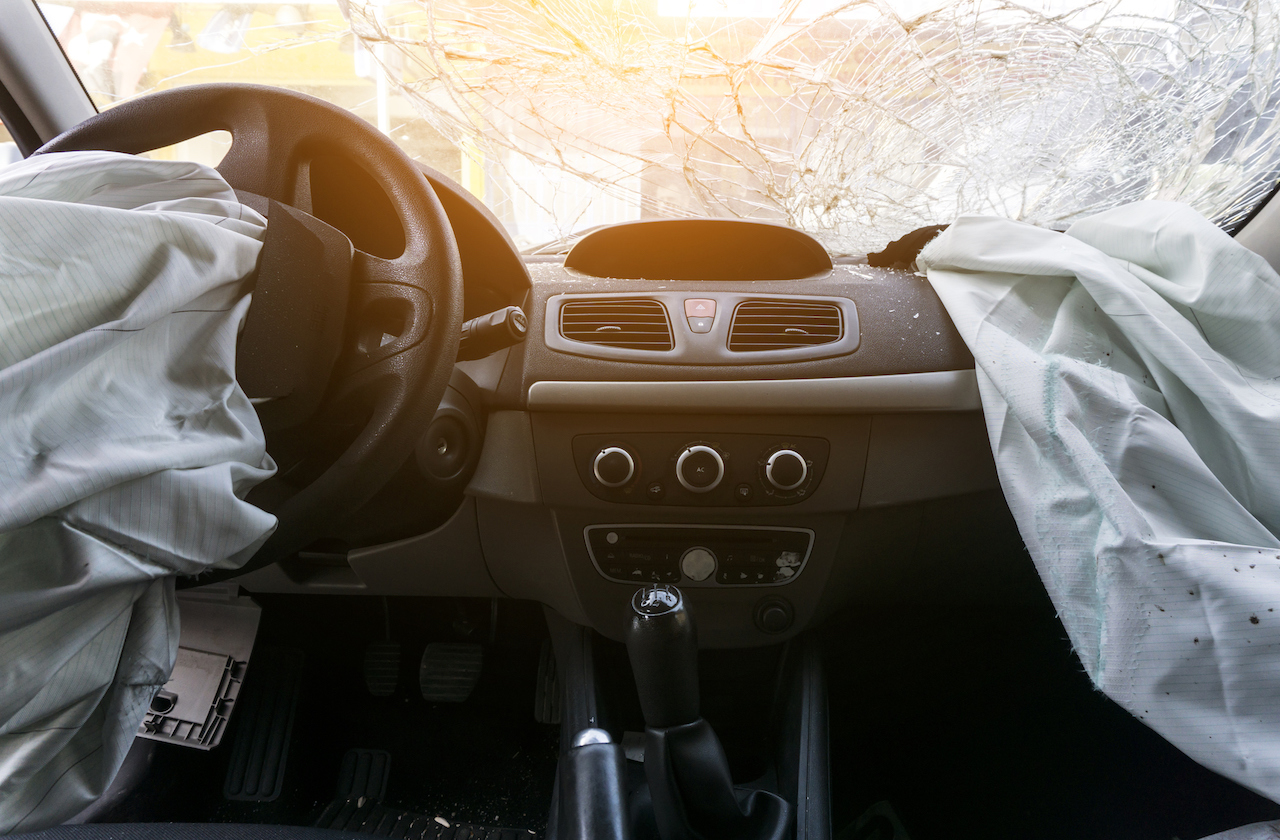
Profit and prosper with the best of Kiplinger's advice on investing, taxes, retirement, personal finance and much more. Delivered daily. Enter your email in the box and click Sign Me Up.
You are now subscribed
Your newsletter sign-up was successful
Want to add more newsletters?

Delivered daily
Kiplinger Today
Profit and prosper with the best of Kiplinger's advice on investing, taxes, retirement, personal finance and much more delivered daily. Smart money moves start here.

Sent five days a week
Kiplinger A Step Ahead
Get practical help to make better financial decisions in your everyday life, from spending to savings on top deals.

Delivered daily
Kiplinger Closing Bell
Get today's biggest financial and investing headlines delivered to your inbox every day the U.S. stock market is open.

Sent twice a week
Kiplinger Adviser Intel
Financial pros across the country share best practices and fresh tactics to preserve and grow your wealth.

Delivered weekly
Kiplinger Tax Tips
Trim your federal and state tax bills with practical tax-planning and tax-cutting strategies.

Sent twice a week
Kiplinger Retirement Tips
Your twice-a-week guide to planning and enjoying a financially secure and richly rewarding retirement

Sent bimonthly.
Kiplinger Adviser Angle
Insights for advisers, wealth managers and other financial professionals.

Sent twice a week
Kiplinger Investing Weekly
Your twice-a-week roundup of promising stocks, funds, companies and industries you should consider, ones you should avoid, and why.

Sent weekly for six weeks
Kiplinger Invest for Retirement
Your step-by-step six-part series on how to invest for retirement, from devising a successful strategy to exactly which investments to choose.
If there’s one thing consumers, investors and companies can agree on, they hate recalls. In the least of cases, faulty products or contaminated foods are an inconvenience for the unlucky buyers. At worst, recalled products are linked to injuries, illnesses and even deaths. For manufacturers, recalls batter brand reputations, bottom lines and share prices.
It’s a nightmare for all involved.
“Defective products not only pose a serious safety risk to the public but can also cause significant financial and reputational damage to the companies concerned,” say analysts at global insurance company Allianz. “We are now seeing and experiencing recalls on a scale not seen before, bringing record levels of activity and costs.”
To put the scope of food and product recalls in perspective, we will look at some of the biggest recalls in history by cost. It should come as no surprise that the list is dominated by the automotive industry. Allianz notes that the sector accounts for more than 70% of the value of all recall-related insurance losses in a given year. The pharmaceutical industry also has the dubious distinction of making multiple appearances on the list.
Recalls are listed in order of total estimated costs according to company reports, news reports and data from Statista.
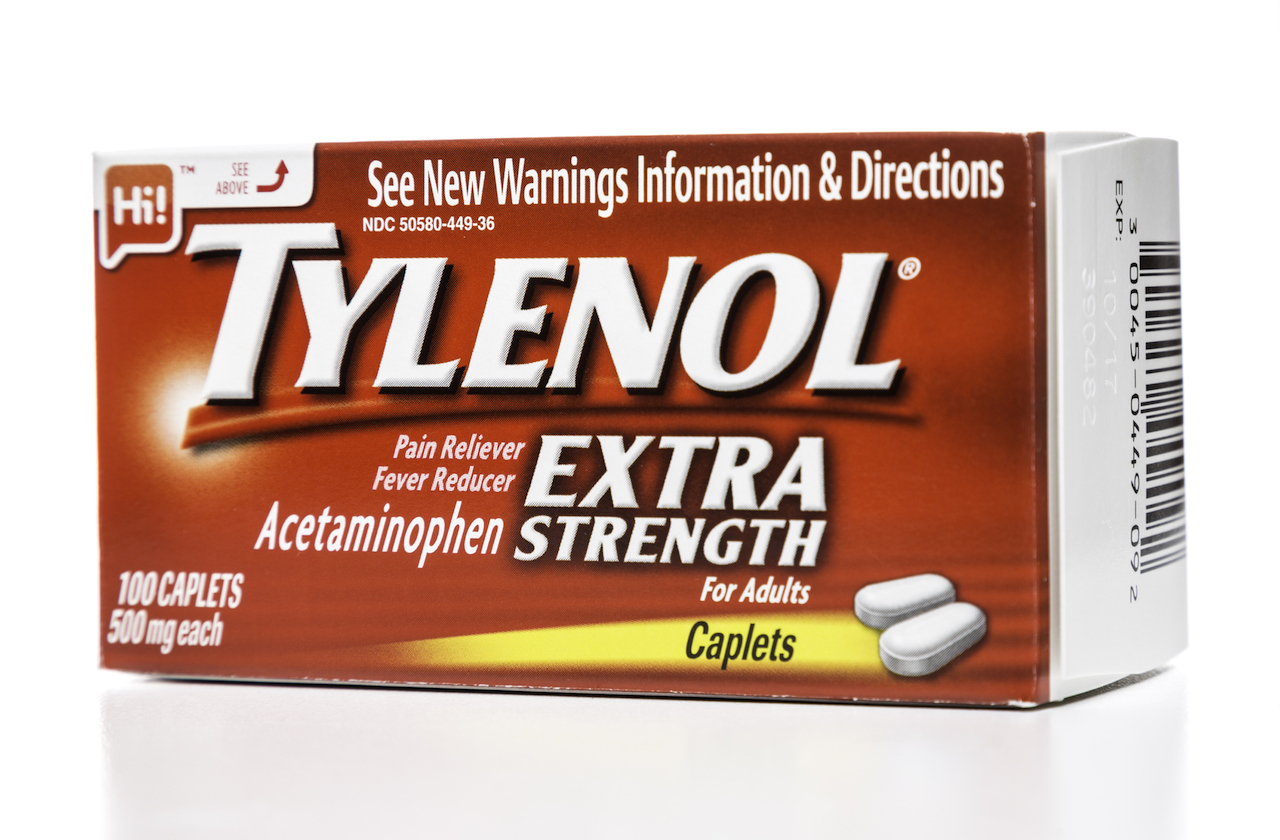
#10: Johnson & Johnson’s Tylenol Recall
- Year: 1982
- Cost: $100 million
True, many recalls have since eclipsed Johnson & Johnson’s (JNJ, $125.10) 1982 Tylenol recall in both scope and cost. Adjusted for inflation, the recall cost roughly $250 million.
But as the seminal event in the history of recalls, arguably none other has had a bigger impact.
Known as “the recall that started them all,” J&J set the standard for the way corporations are supposed to handle such events. In a case of product tampering, seven people in the Chicago area died after ingesting Extra-Strength Tylenol laced with cyanide. J&J spent more than $100 million to recall 31 million bottles of its best-selling product.
J&J’s swift and decisive action is credited with saving the Tylenol brand, which at the time accounted for 17% of the company’s profits. Although the stock priced swooned initially, it recovered within two months.
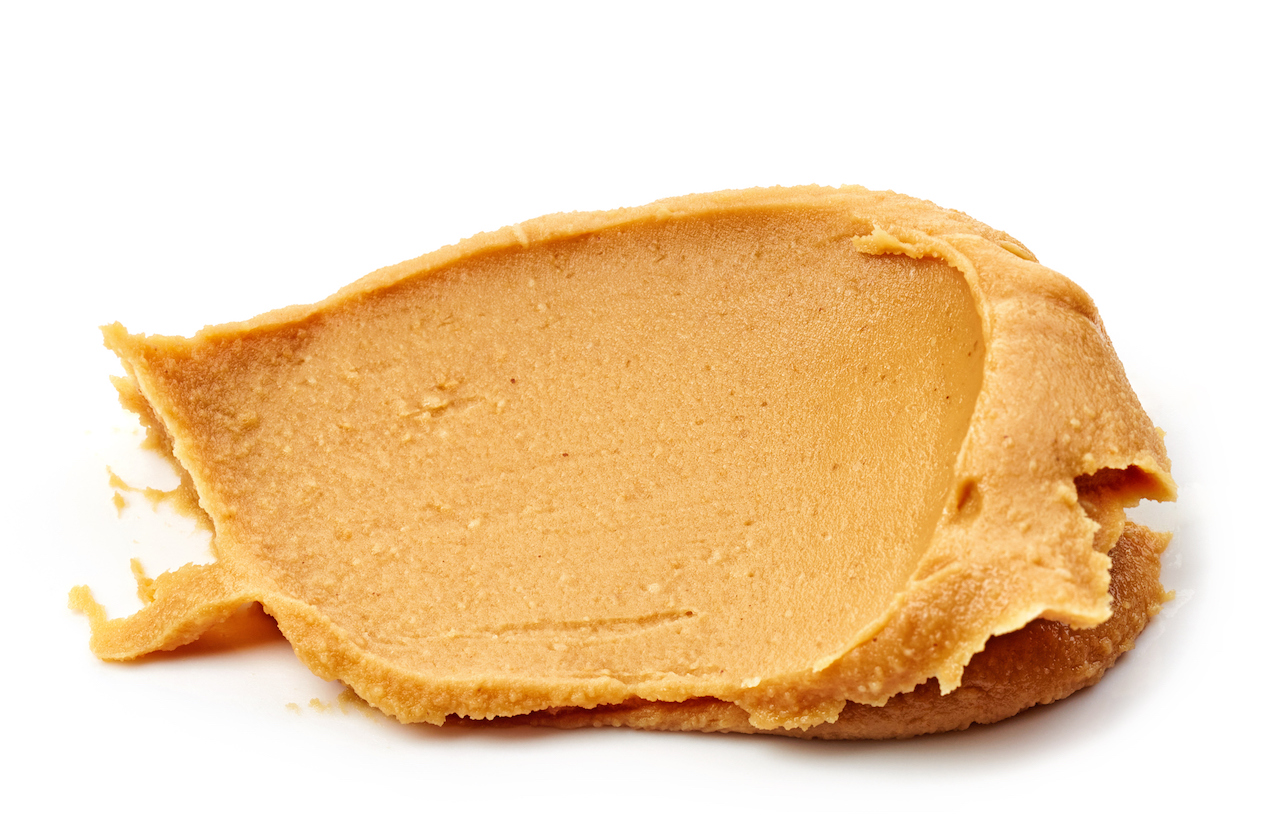
#9: Peanut Corp. of America Salmonella Outbreak
- Year: 2009
- Cost: $1 billion
A decade ago, Peanut Corp. of America was an obscure, privately held peanut processor in Georgia. Then a massive salmonella outbreak changed everything. A wave of food-borne illness killed nine people and sickened hundreds. More than 3,913 different products from roughly 361 different companies had to be recalled. Major brands such as J.M. Smucker’s (SJM) Jif and ConAgra’s (CAG) Peter Pan were unaffected by the recall, but it didn’t matter. Wary consumer shunned peanut butter, driving down industrywide sales by 25%.
Peanut Corp. declared bankruptcy and went out of business. A former top executive was sentenced to 28 years prison for his role in the outbreak. Meanwhile, the Georgia Peanut Commission estimated at the time that America’s peanut producers would lose about $1 billion between sales and lost production as a result of the recall.
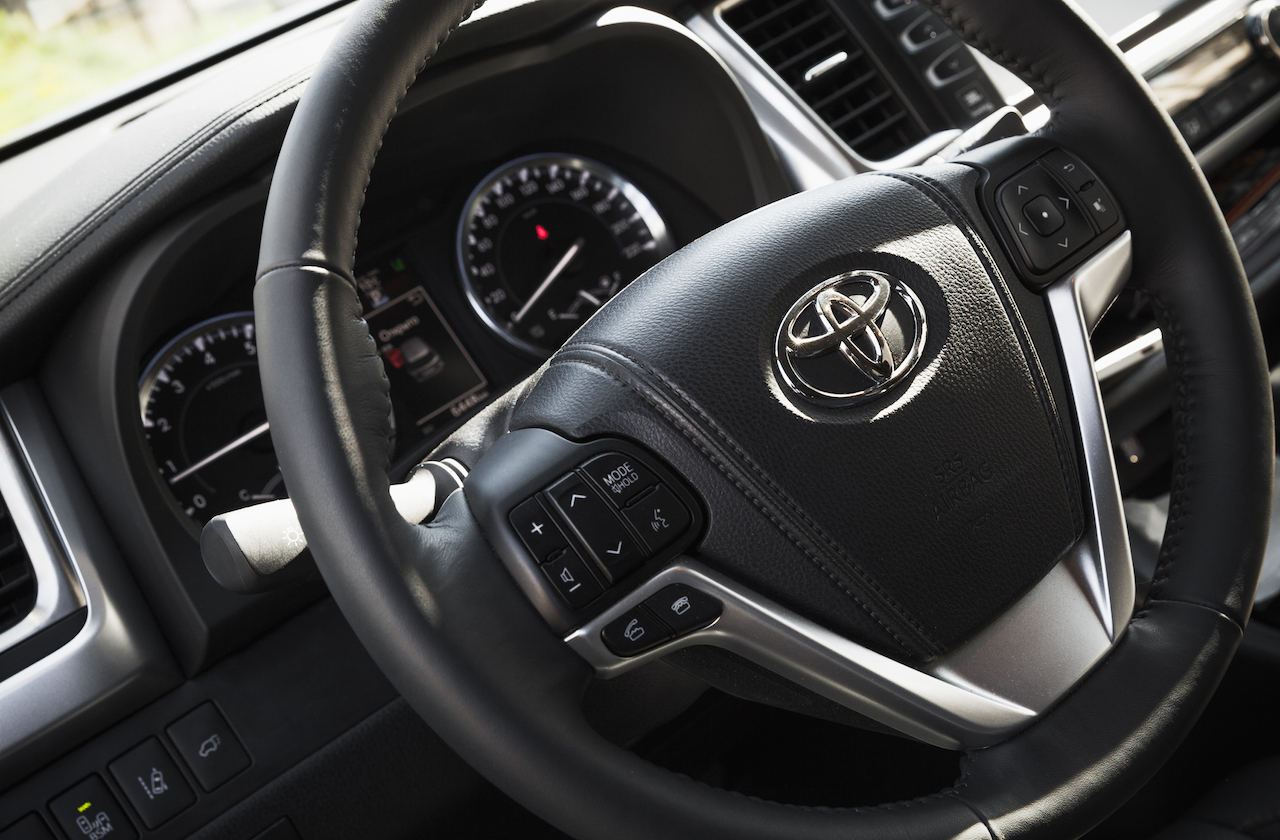
#8: Toyota’s Floor Mat Recall
- Year: 2010
- Cost: $3.2 billion
- Toyota (TM, $124.50) car owners and shareholders suffered through one of the costliest recalls in history at the start of the new decade. The car giant was forced to recall 8.1 million vehicles because of the potential for gas pedals to get stuck in floor mats, as well as other concerns.
In the midst of the recall, the government said that unintended acceleration in Toyota vehicles may have been involved in the deaths of 89 people over the past decade.
In 2010, Toyota pegged costs related to the recall at $2 billion. Four years later, the company paid a $1.2 billion fine to avoid prosecution from the Justice Department for covering up what it knew about ill-fitting floor mats and other safety problems.
Toyota’s stock has been a market laggard since the recalls began. Shares are up 60% since Nov. 2, 2009. However, the Standard & Poor’s 500-stock index – which admittedly also was recovering from its massive 2007-09 plunge – has gained 155% over the same span.
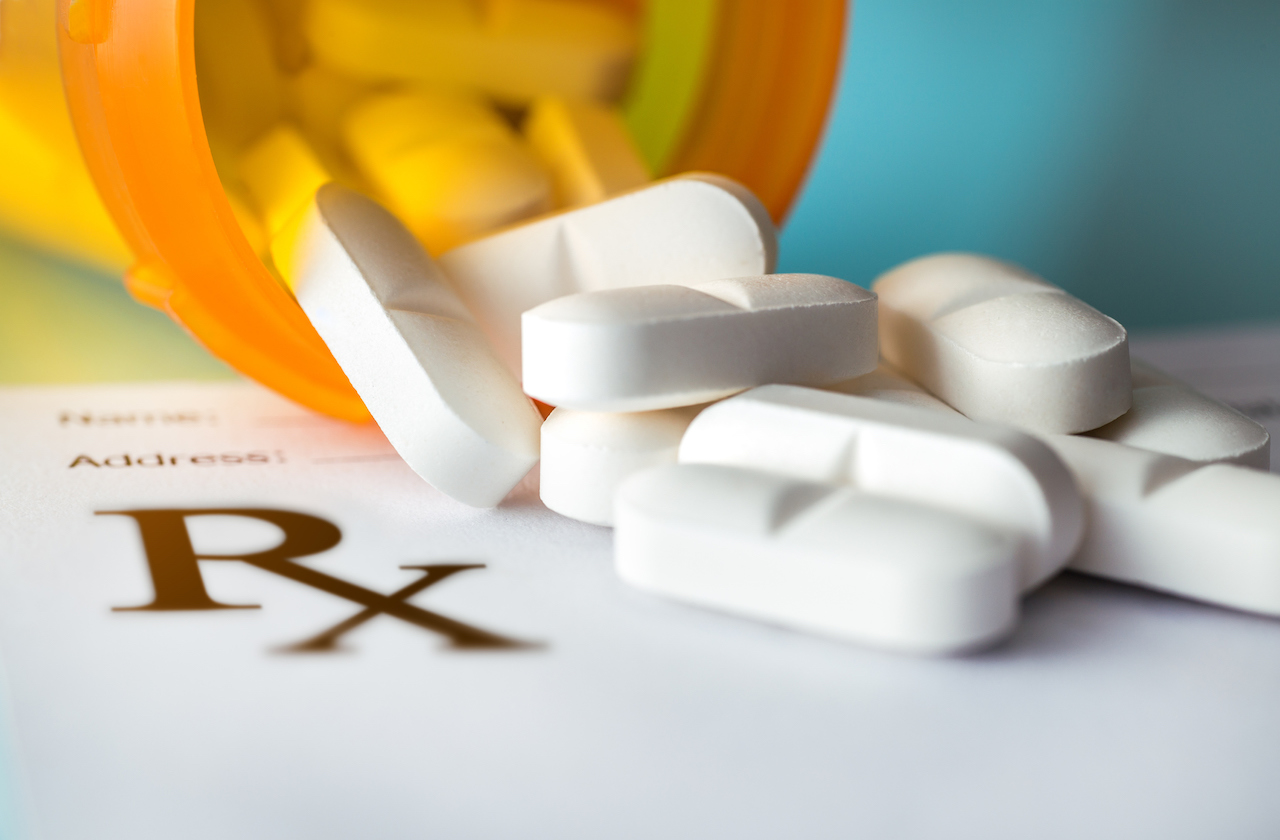
#7: Pfizer’s Bextra Recall
- Year: 2005
- Cost: $3.3 billion
Pharmaceutical giant Pfizer (PFE, $34.49) was floored in 2005 when the Food and Drug Administration forced it to pull Bextra, an arthritis painkiller, off the market because of possible heart risks and “life-threatening” skin reactions. At the time, Bextra was one of Pfizer’s best-selling products, with annual sales of $1.3 billion in 2004.
But that was only the beginning of Pfizer’s woes.
In 2009, Pfizer settled civil and criminal allegations that it had illegally marketed Bextra. Its $2.3 billion payout was the largest health-care fraud settlement and the largest criminal fine of any kind at the time. Between lost sales, fines, settlement and other costs, Pfizer took a hit of at least $3.3 billion on the Bextra recall, according to Statista.
Long-term investors who bought the dip after the September 2009 settlement didn’t make out so well either. Shares in Pfizer trail the S&P 500 by about 50 percentage points since then.
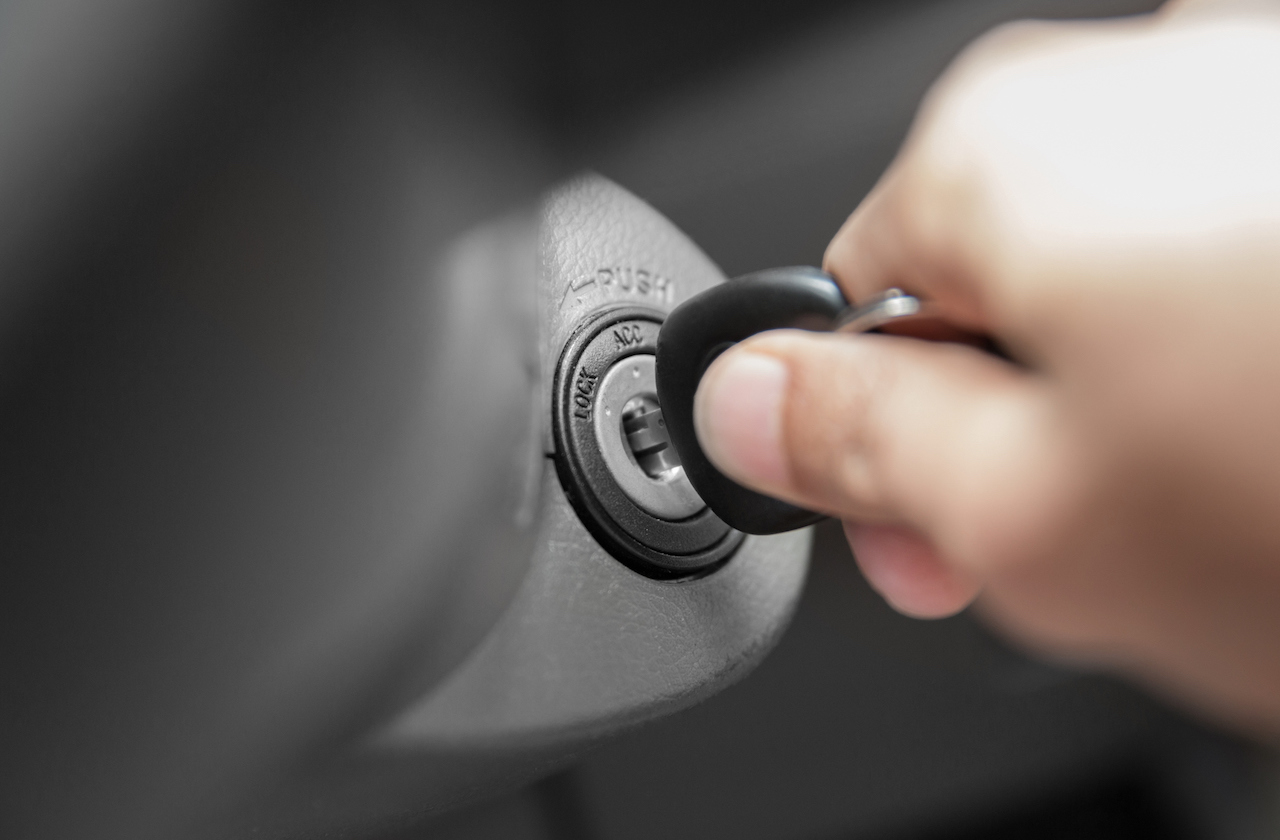
#6: General Motors’ Ignition Switch Recall
- Year: 2014
- Cost: $4.1 billion
It was a year that anyone who owned a General Motors (GM, $35.17) vehicle or GM stock would like to forget. Faulty ignition switches that could shut down the engine without warning, thus disabling power steering, brakes and air bags, were linked to at least 124 deaths and more than twice as many injuries. The defect impelled GM to recall 30.4 million cars worldwide.
General Motors said the recall cost $4.1 billion in 2014. Among its expenses, it spent $2.8 billion to repair recall vehicles, $870 million to settle death and injury claims, and $900 million in a settlement with the Department of Justice. It also took a charge of $874 million to account for the costs of future recalls.
GM stock lost about 15% in 2014 – a year in which the broader stock market gained more than 11%. And it wasn’t exactly an opportunity to buy low. Shares have essentially been dead money ever since.
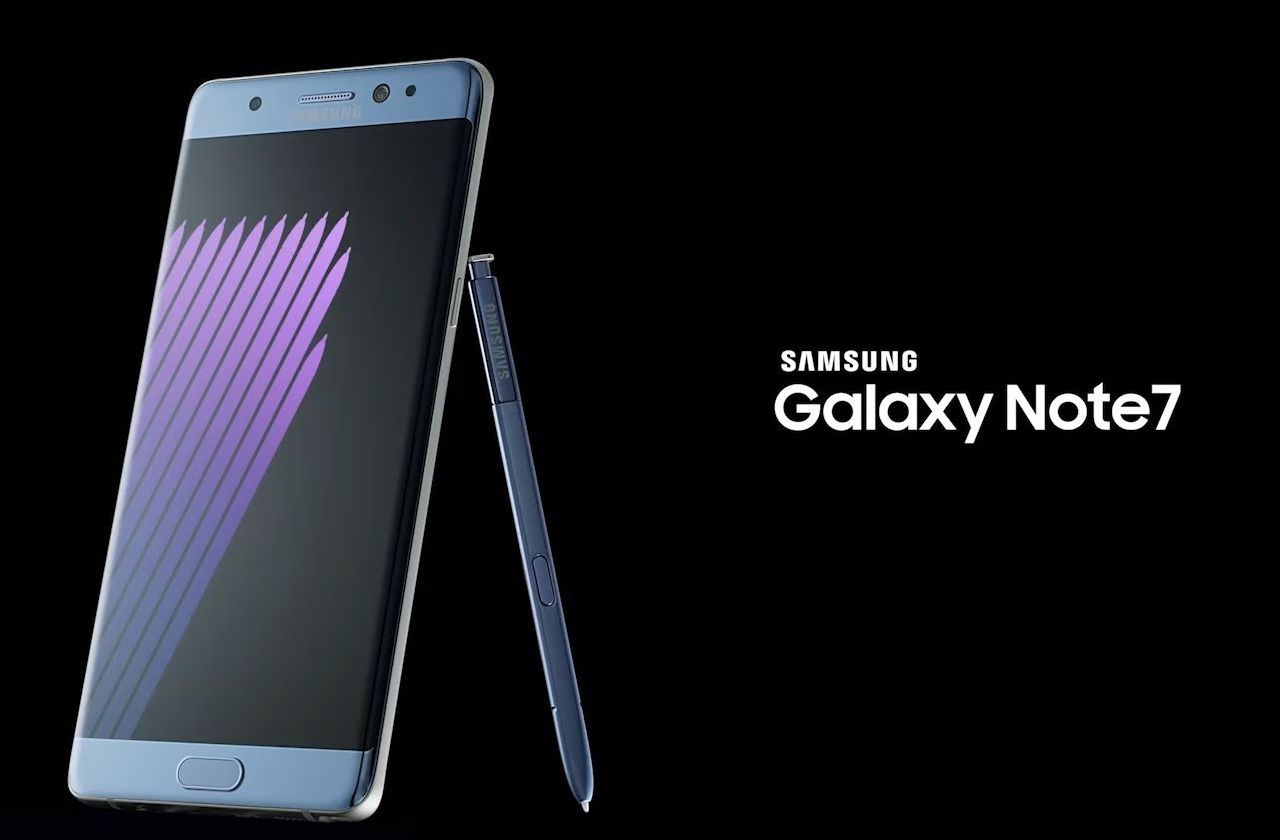
#5: Samsung’s Galaxy Note 7 Recall
- Year: 2016
- Cost: $5.3 billion
- Samsung had high hopes for the high-end Samsung Galaxy Note 7 smartphone, but they went up in smoke.
The world’s largest smartphone maker was forced to discontinue and recall the pricey gadget after some of them started bursting into flames. The U.S. Consumer Products Safety Commission received 96 reports of overheating batteries and fires within the first two months of its August 2016 launch. Samsung was forced to recall 2.5 million of the devices, which were some of the priciest smartphones on the market.
Although the recall set Samsung back by several billion dollars, the diversified electronics giant was more than able to withstand the blow. The handset maker unveiled the Samsung Galaxy Note 8 the following year to strong reviews – and sales.
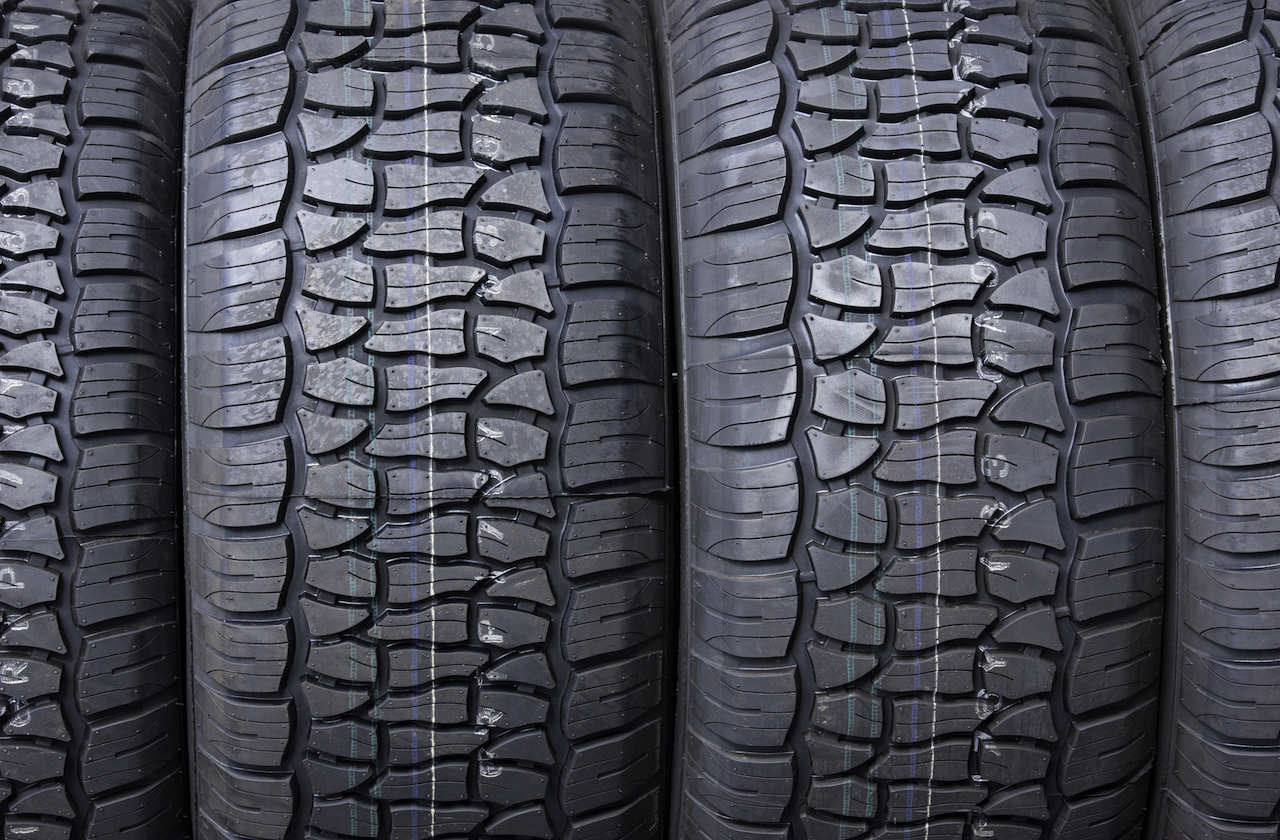
#4: Firestone Tires and Ford
- Year: 2000
- Cost: $5.6 billion
- Bridgestone’s (BRDCY, $20.72) Firestone Tire and Rubber Company suffered a near-death blow when allegedly defective tires installed on Ford (F, $10.76) SUVs and pickup trucks were linked to 271 deaths and more than 800 injuries in the U.S. alone.
Firestone and Ford blamed each other for the tire failures, but ultimately both companies were on the hook. Firestone recalled 6.5 million tires, while Ford recalled and replaced 13 million.
The tire recall and corporate fallout cost Firestone-parent Bridgestone $2 billion. Ford told shareholders in 2001 that its recall of 13 million tires on its SUVs and pickup trucks would cost the company $3 billion. The company also faced $600 million in lawsuits. The Firestone brand survived the scandal but its 100-year relationship with Ford was severed.
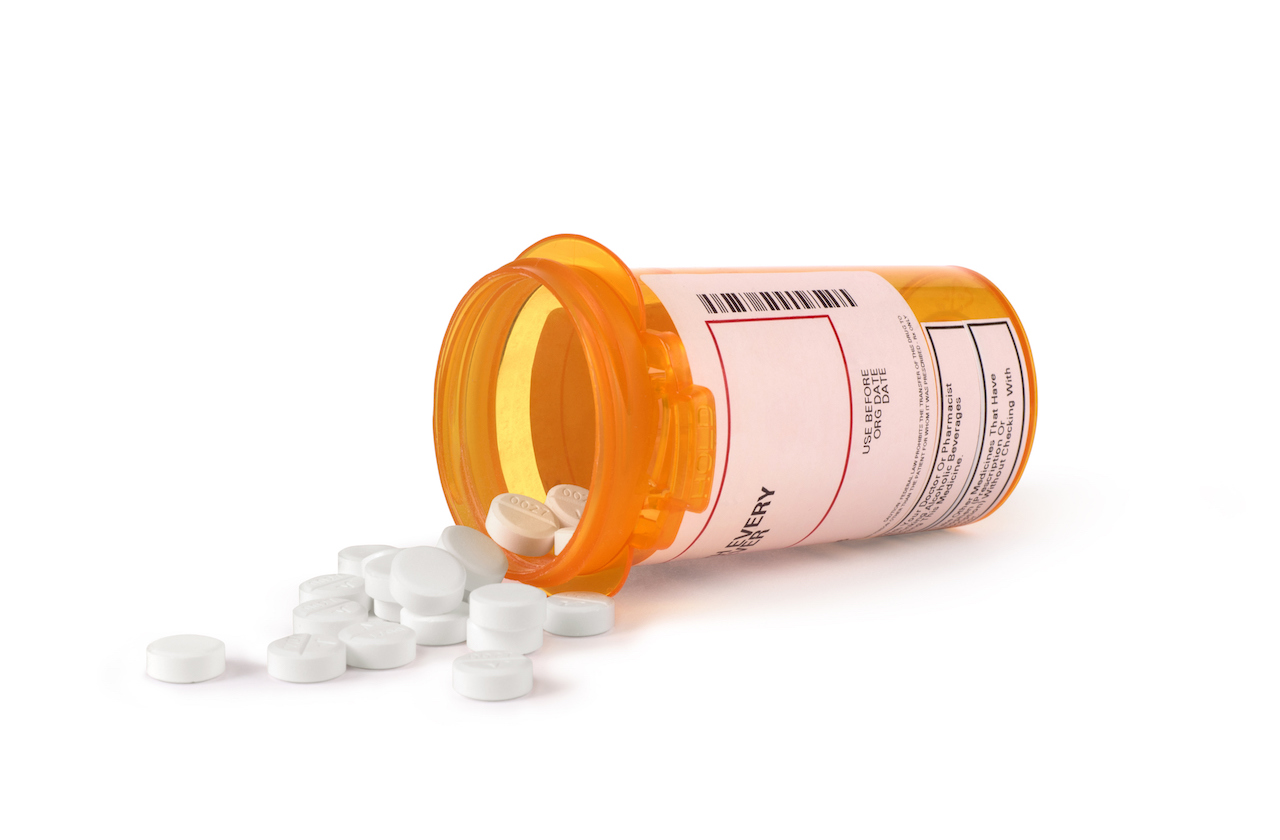
#3: Merck’s Vioxx Recall
- Year: 2004
- Cost: $8.9 billion
When Merck’s (MRK, $53.41) Vioxx first hit the market in 1999, it was hyped as a revolutionary breakthrough medication for arthritis pain. And like Pfizer’s Bextra, it soon became a blockbuster hit.
Five years later, in September 2004, Merck was forced to pull the drug from the market after studies revealed that Vioxx greatly increased the risk of fatal heart attacks and strokes. By that point, 20 million Americans had already taken the drug. Later research estimated that 140,000 Americans had heart attacks from taking Vioxx, resulting in 88,000 deaths.
The costs in dollar terms were also staggering. The pharmaceutical giant settled a class-action lawsuit for $4.85 billion in 2007 and agreed to a $950 million settlement with the DoJ in 2011. In 2016, shareholders settled a class-action lawsuit with Merck for $830 million. Statista estimates that when all other expenses are included, the Vioxx recall cost the company $8.9 billion.
Shares in Merck initially tumbled 27% on the news and languished for two years before recovering to their pre-recall levels.
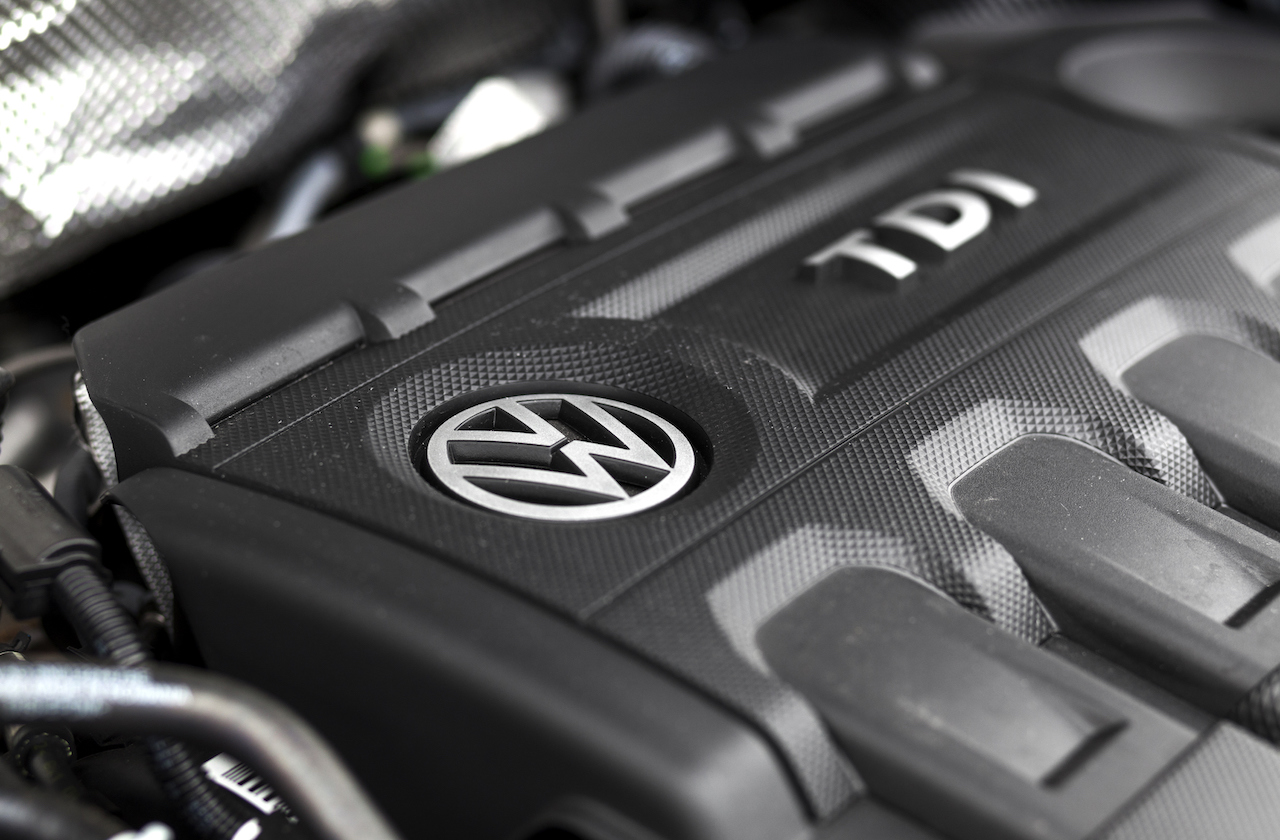
#2: Volkswagen’s Diesel Engine Recall
- Year: 2015
- Cost: $18.3 billion
Customers and shareholders alike were stunned when redoubtable German car giant Volkswagen (VLKAY, $37.87) was caught cheating on diesel emissions tests. Known as “Diesel-gate,” it emerged that the company had for years employed software that allowed its turbocharged diesel engines to cut their emissions to meet regulatory standards when being tested. Under real-world conditions, the engines emitted pollutants up to 40 times above levels allowed under U.S. standards.
The fallout was massive. VW recalled 11 million around the world and was forced to set aside more than $18 billion to cover recall costs, legal claims and other related expenses. Shares in VW, which trade over the counter in the U.S., tumbled on the news and took two years to recover.
However, VW stock also proved to be rewarding bet for investors who could stomach the risk. Shares are up about 67% since hitting a scandal-related low of $22.73 on Oct. 2, 2015.
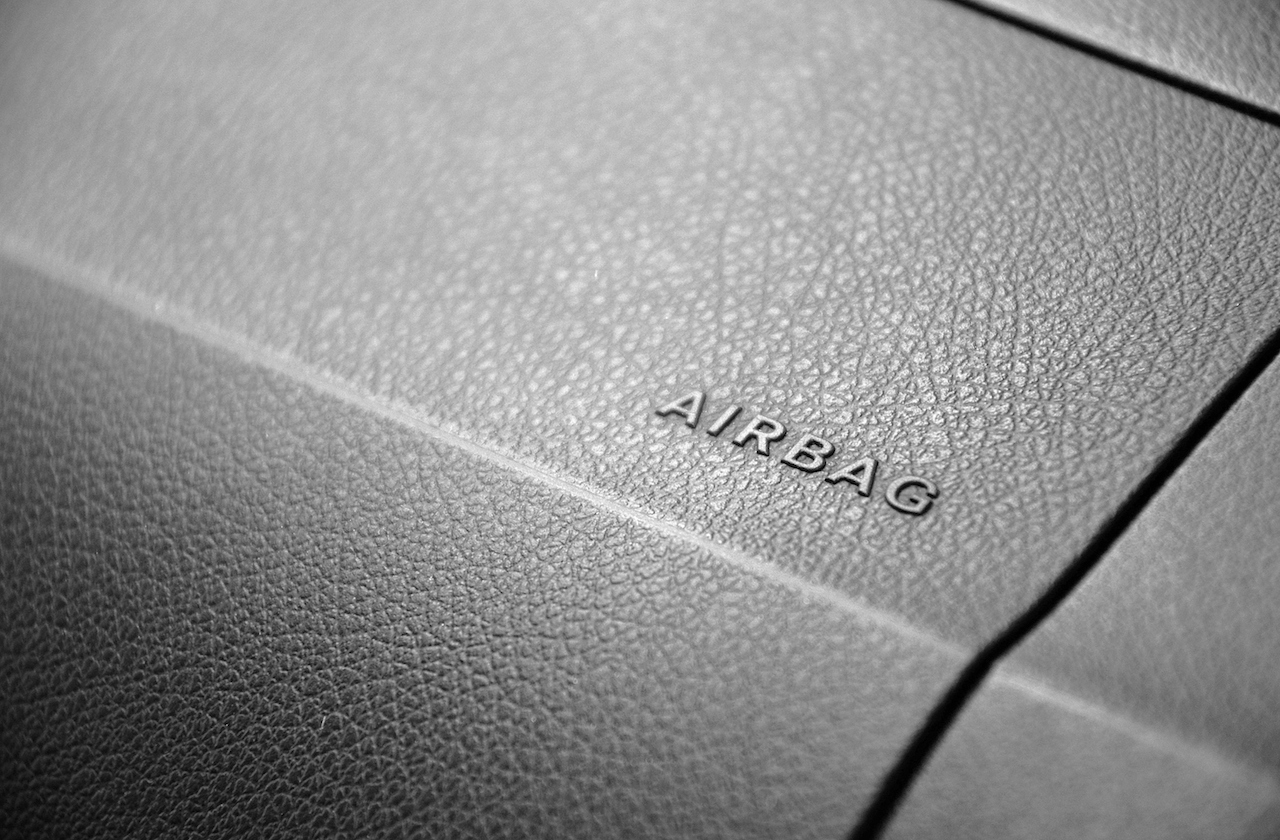
#1: Takata Air Bag Recall
- Year: 2008 and counting
- Cost: $24 billion
Call it the recall from hell. What started quietly almost a decade ago has since ballooned into the biggest recall in history. Faulty air-bag inflators made by now-bankrupt Takata were used by virtually every major automaker on the planet. The issue: The inflators can explode and eject a shrapnel-like material that has been linked to at least 20 deaths.
The National Highway Safety Transportation Board expects the recall to include more than 37 million vehicles involving 49.5 million inflators in the U.S. alone. Globally, 100 million inflators are under recall. Regulators say it could take until 2023 to recall and fix every vehicle with a faulty Takata air bag.
In 2016, Takata estimated total recall costs of $24 billion. But that figure still could change in the years ahead.
Profit and prosper with the best of Kiplinger's advice on investing, taxes, retirement, personal finance and much more. Delivered daily. Enter your email in the box and click Sign Me Up.

Dan Burrows is Kiplinger's senior investing writer, having joined the publication full time in 2016.
A long-time financial journalist, Dan is a veteran of MarketWatch, CBS MoneyWatch, SmartMoney, InvestorPlace, DailyFinance and other tier 1 national publications. He has written for The Wall Street Journal, Bloomberg and Consumer Reports and his stories have appeared in the New York Daily News, the San Jose Mercury News and Investor's Business Daily, among many other outlets. As a senior writer at AOL's DailyFinance, Dan reported market news from the floor of the New York Stock Exchange.
Once upon a time – before his days as a financial reporter and assistant financial editor at legendary fashion trade paper Women's Wear Daily – Dan worked for Spy magazine, scribbled away at Time Inc. and contributed to Maxim magazine back when lad mags were a thing. He's also written for Esquire magazine's Dubious Achievements Awards.
In his current role at Kiplinger, Dan writes about markets and macroeconomics.
Dan holds a bachelor's degree from Oberlin College and a master's degree from Columbia University.
Disclosure: Dan does not trade individual stocks or securities. He is eternally long the U.S equity market, primarily through tax-advantaged accounts.
-
 Ask the Tax Editor: Federal Income Tax Deductions
Ask the Tax Editor: Federal Income Tax DeductionsAsk the Editor In this week's Ask the Editor Q&A, Joy Taylor answers questions on federal income tax deductions
-
 States With No-Fault Car Insurance Laws (and How No-Fault Car Insurance Works)
States With No-Fault Car Insurance Laws (and How No-Fault Car Insurance Works)A breakdown of the confusing rules around no-fault car insurance in every state where it exists.
-
 7 Frugal Habits to Keep Even When You're Rich
7 Frugal Habits to Keep Even When You're RichSome frugal habits are worth it, no matter what tax bracket you're in.
-
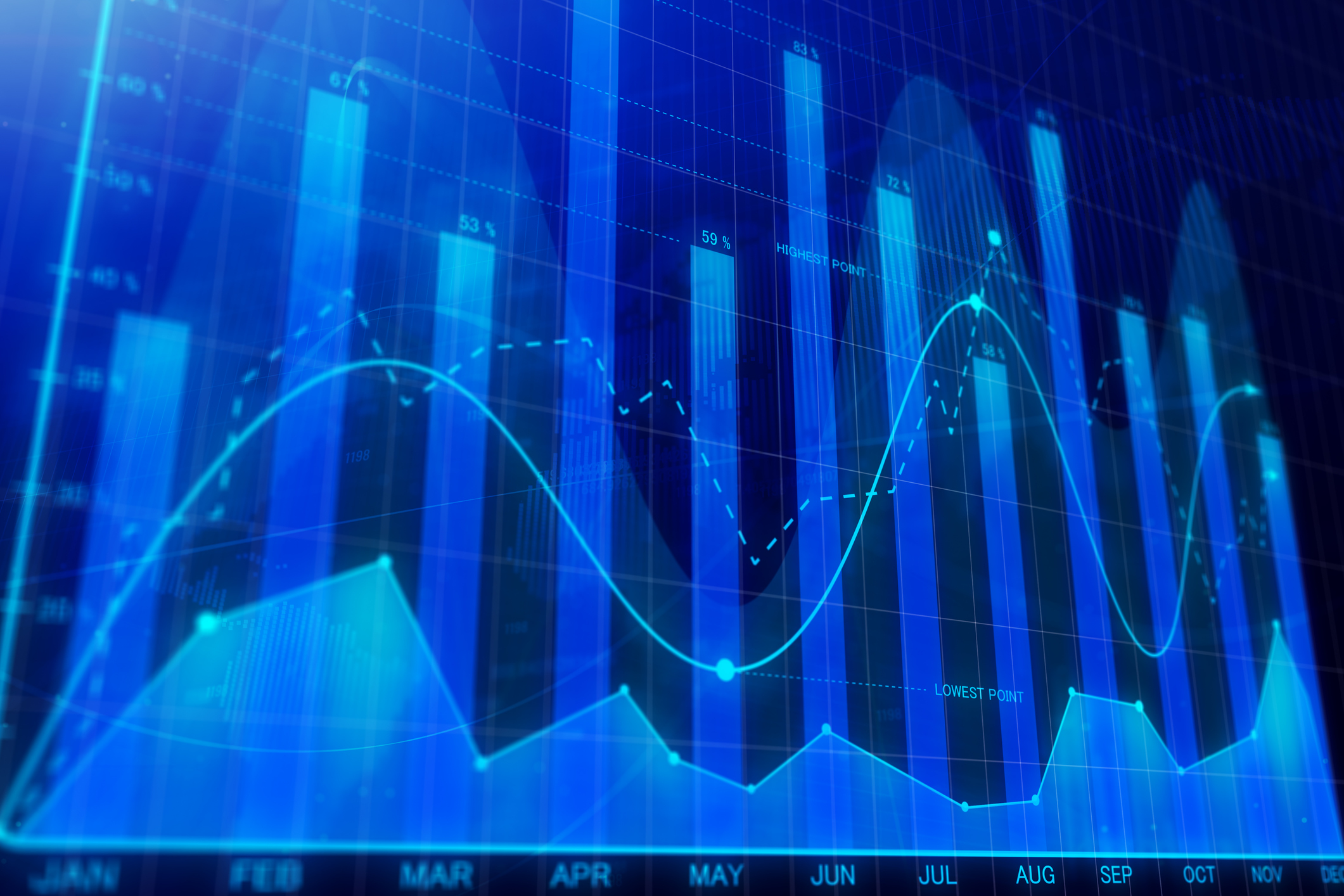 Dow Rises 497 Points on December Rate Cut: Stock Market Today
Dow Rises 497 Points on December Rate Cut: Stock Market TodayThe basic questions for market participants and policymakers remain the same after a widely expected Fed rate cut.
-
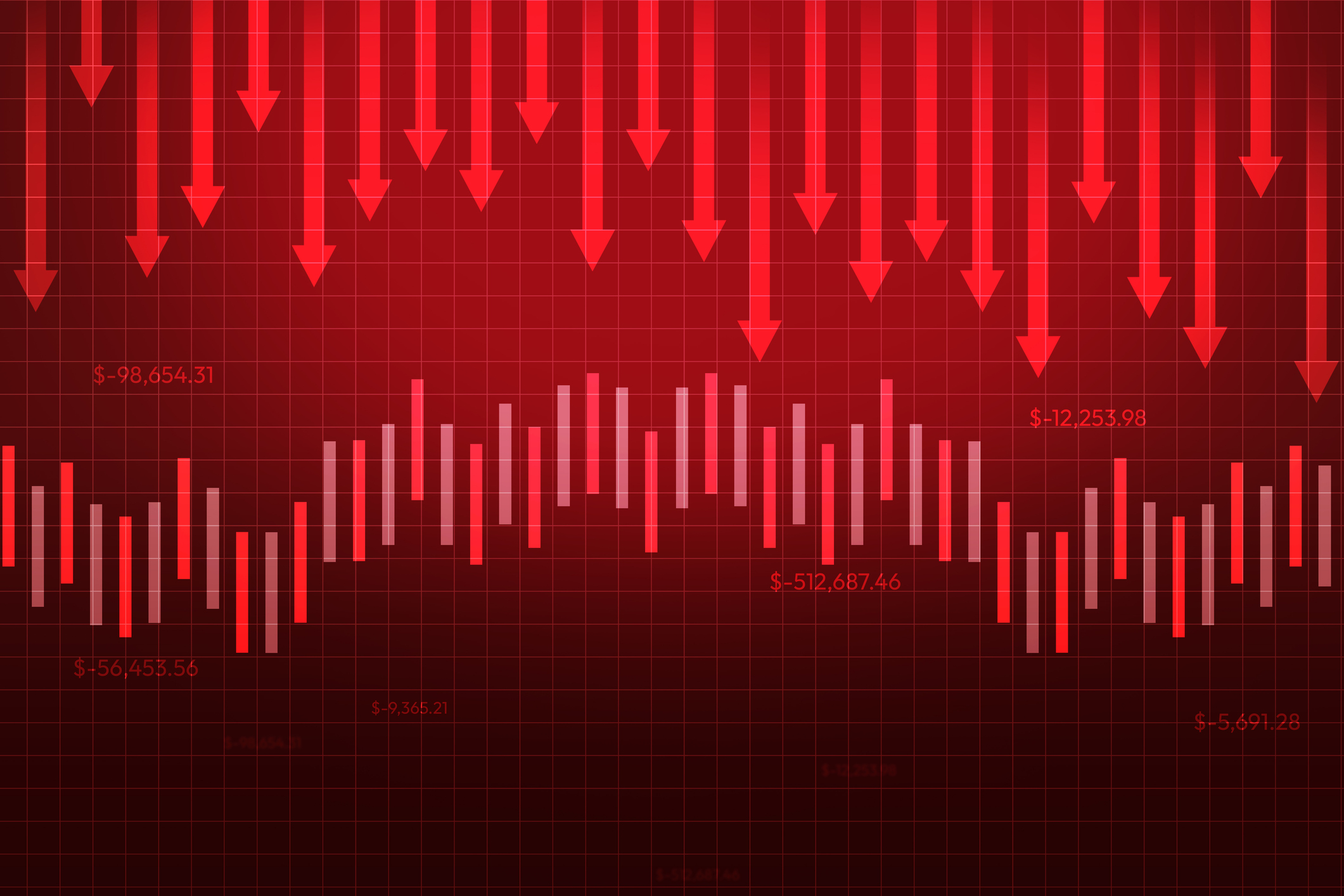 Risk Is Off Again, Dow Falls 397 Points: Stock Market Today
Risk Is Off Again, Dow Falls 397 Points: Stock Market TodayMarket participants are weighing still-solid earnings against both expectations and an increasingly opaque economic picture.
-
 How to Invest for Rising Data Integrity Risk
How to Invest for Rising Data Integrity RiskAmid a broad assault on venerable institutions, President Trump has targeted agencies responsible for data critical to markets. How should investors respond?
-
 The Most Tax-Friendly States for Investing in 2025 (Hint: There Are Two)
The Most Tax-Friendly States for Investing in 2025 (Hint: There Are Two)State Taxes Living in one of these places could lower your 2025 investment taxes — especially if you invest in real estate.
-
 What Tariffs Mean for Your Sector Exposure
What Tariffs Mean for Your Sector ExposureNew, higher and changing tariffs will ripple through the economy and into share prices for many quarters to come.
-
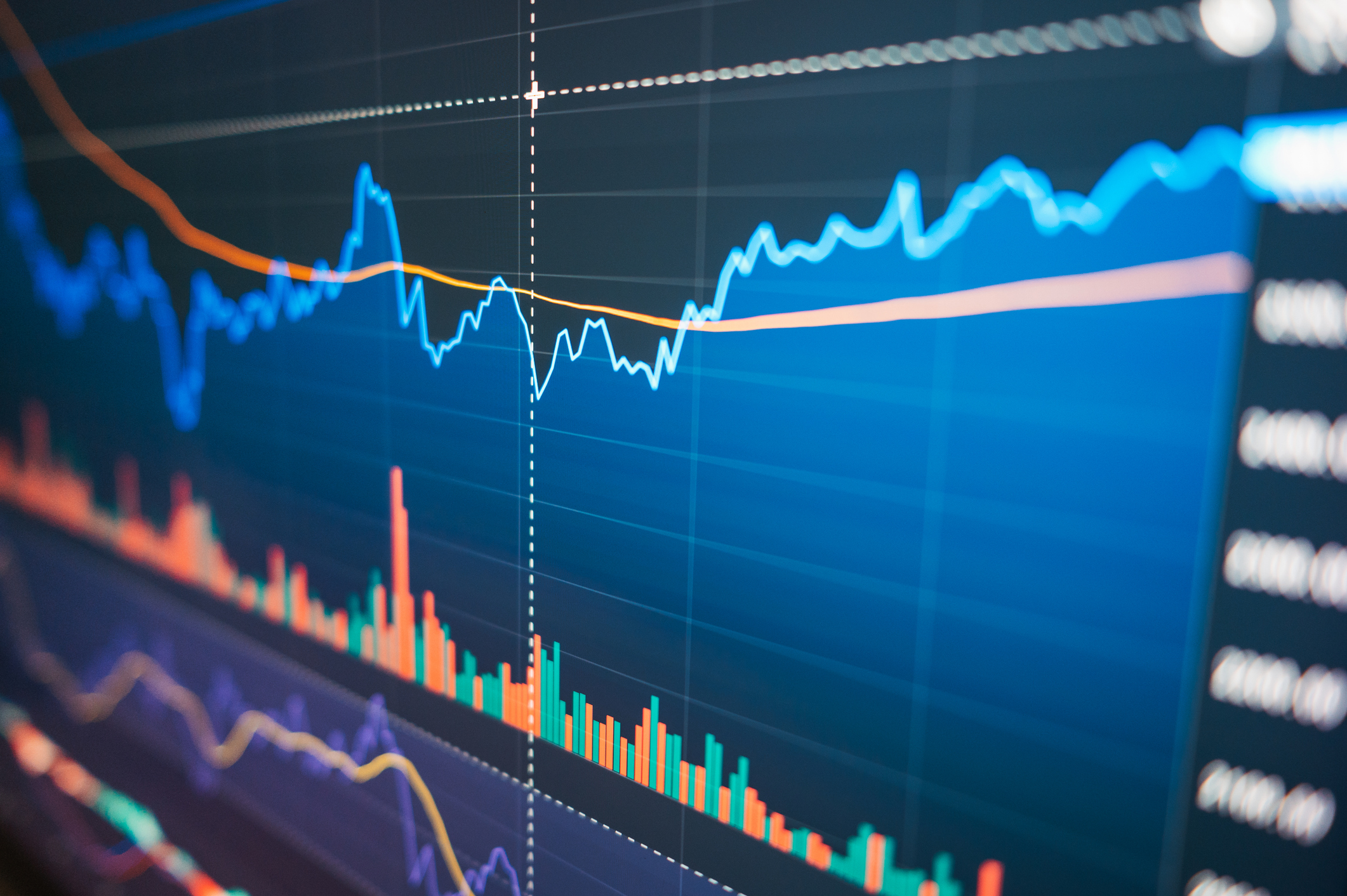 Stock Market Today: S&P 500, Nasdaq Hit New Highs on Retail Sales Revival
Stock Market Today: S&P 500, Nasdaq Hit New Highs on Retail Sales RevivalStrong consumer spending and solid earnings for AI chipmaker Taiwan Semiconductor Manufacturing boosted the broad market.
-
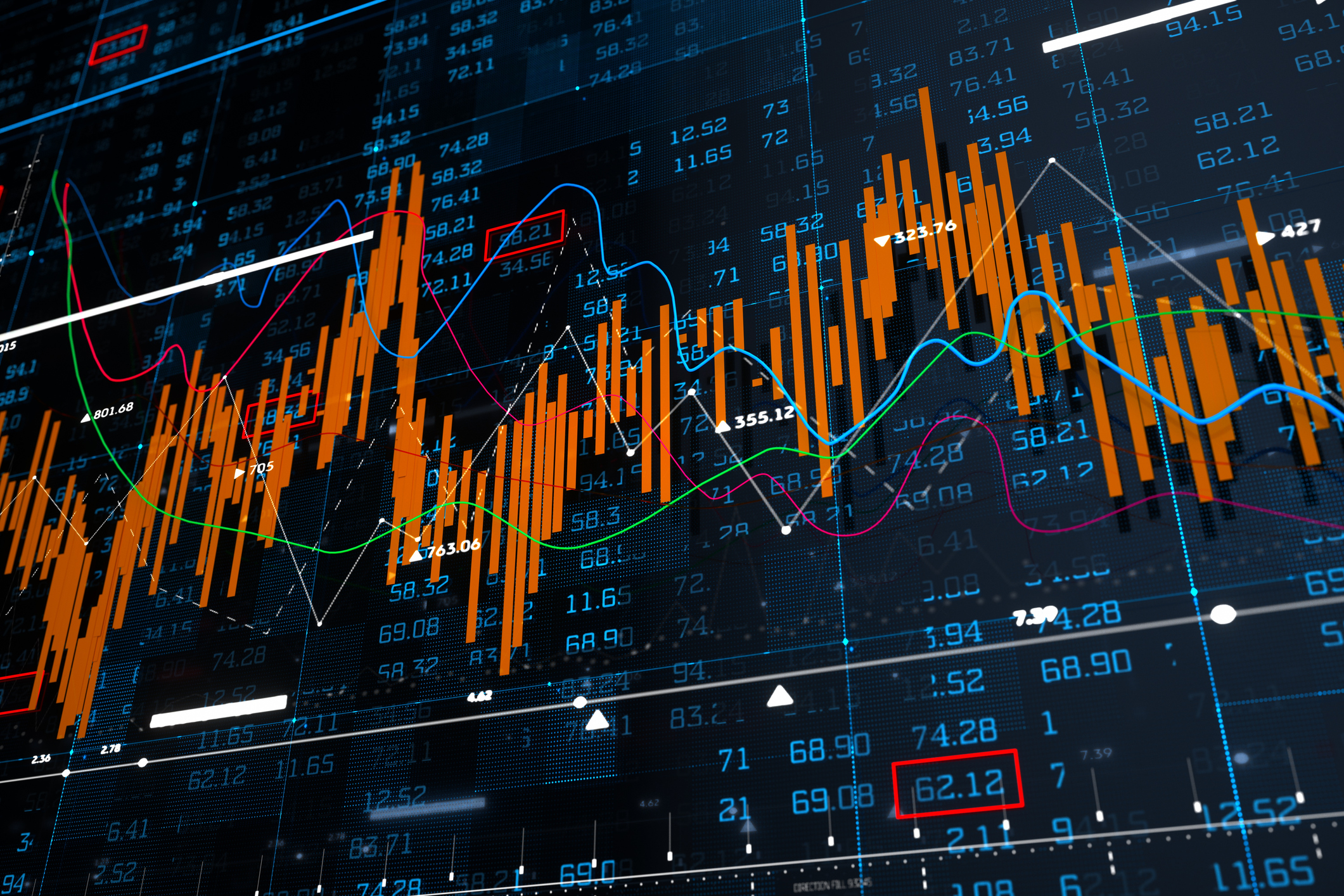 Stock Market Today: Powell Rumors Spark Volatile Day for Stocks
Stock Market Today: Powell Rumors Spark Volatile Day for StocksStocks sold off sharply intraday after multiple reports suggested President Trump is considering firing Fed Chair Jerome Powell.
-
 The Best Health Care Stocks to Buy
The Best Health Care Stocks to BuyThe best health care stocks offer investors a defensive hedge in an uncertain market. Here's how to find them.
